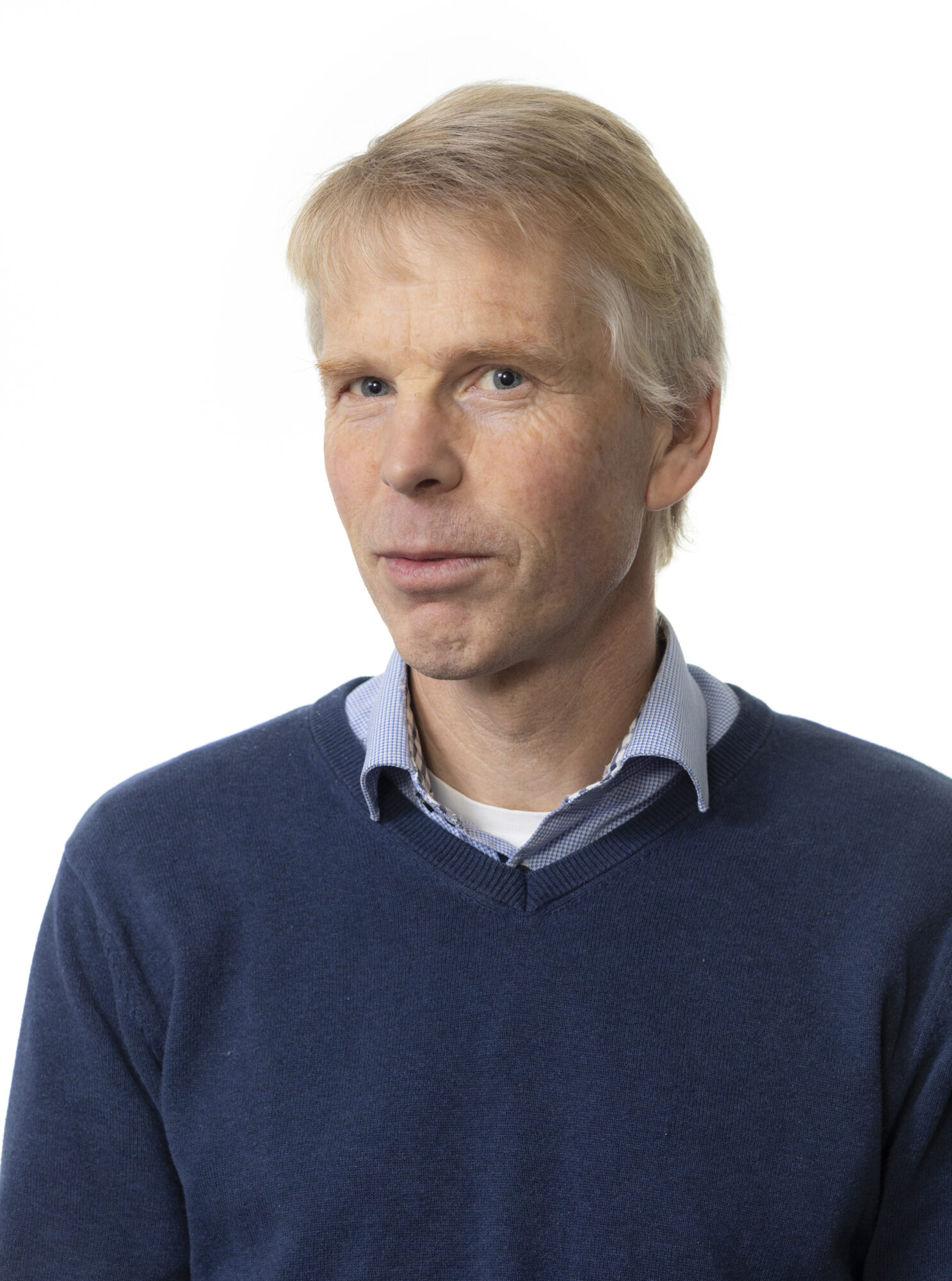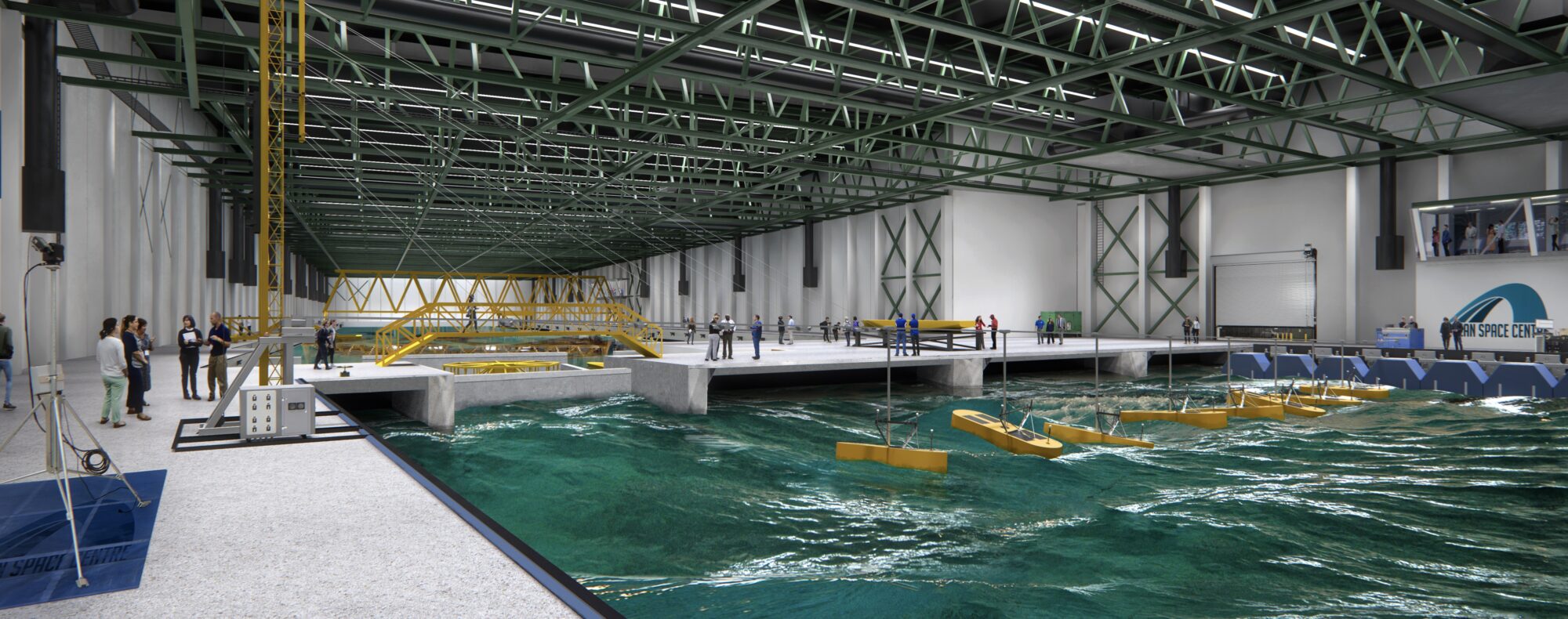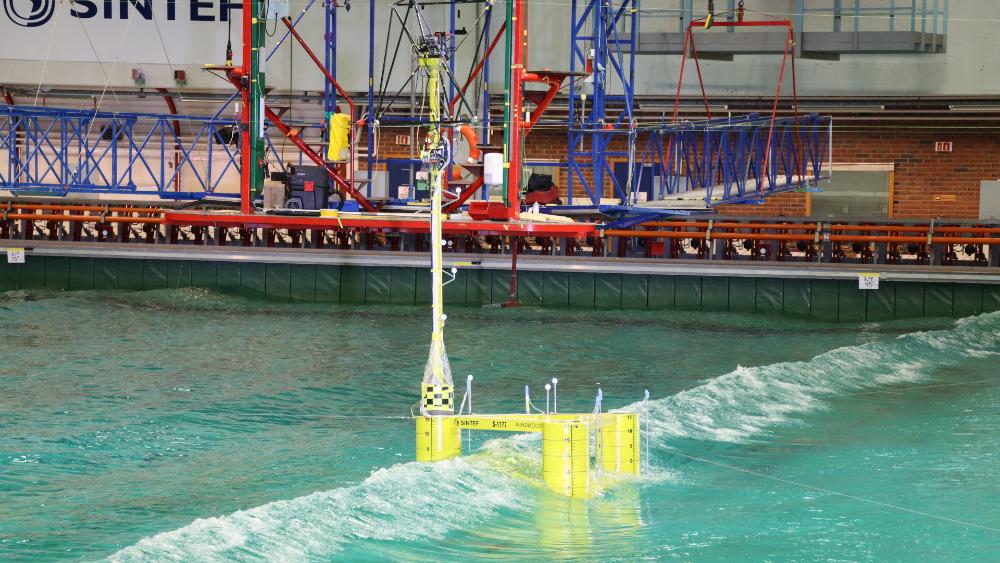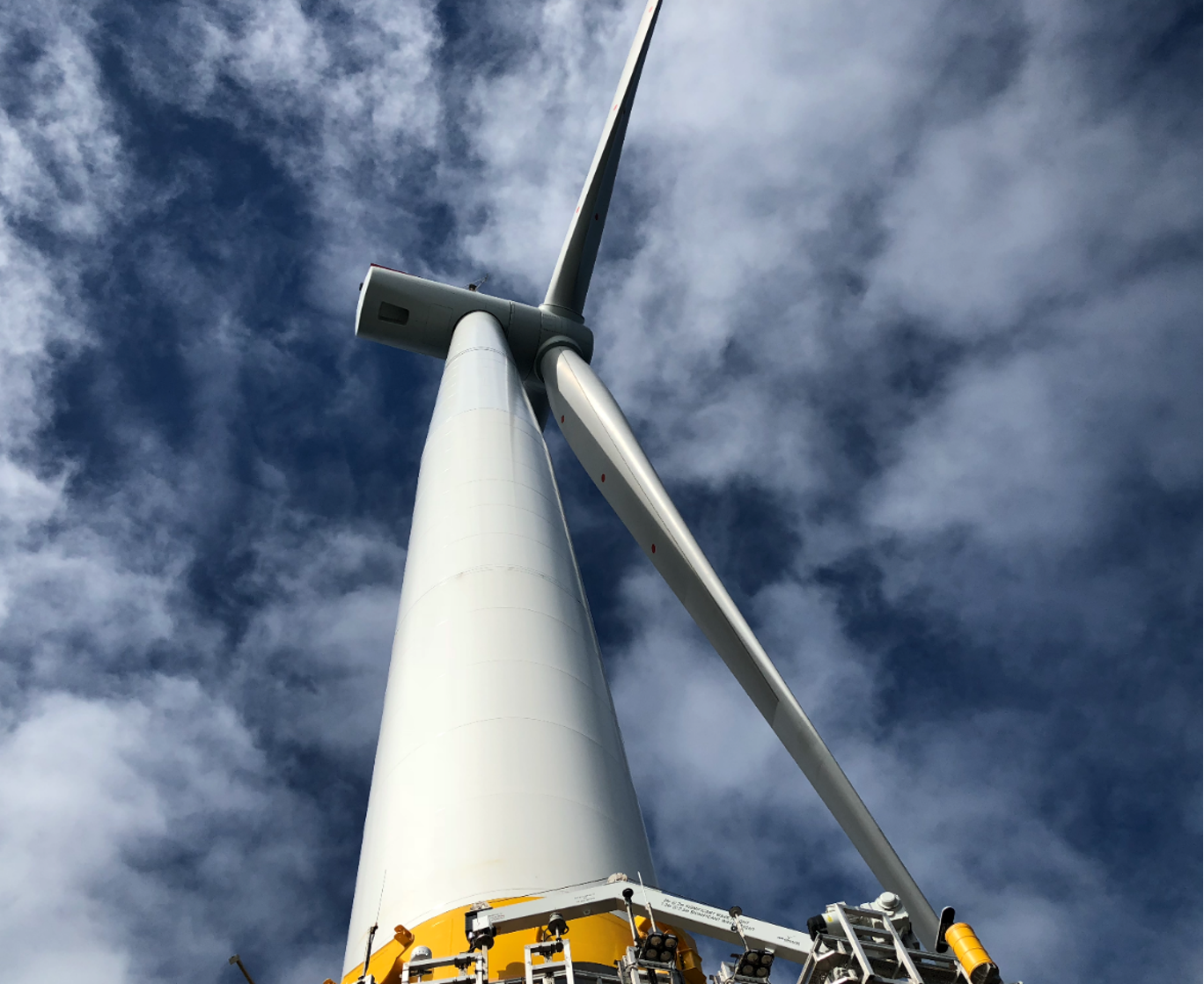Annual report 2020
Department of Marine Technology | NTNU
Looking Back
2020 will be remembered as the year of the Corona virus. We started to read about it in the news late in 2019. One of our Chinese PhD students offered me to import face masks for use in the department. At the time, I had never worn a face mask except when doing construction work, so I turned down the offer. I came to regret that when the pandemic hit.
Even if we could have been better prepared with respect to face masks, the people in the department shall have praise for how quickly they adapted to the new situation with home office and remote lecturing. A good thing about the pandemic is that we suddenly learnt how to use video and other online learning tools as part of our regular teaching.
We have also seen an important influx of new research centres this year; the VISTA Centre for Autonomous Robotics Operations Subsea (CAROS) headed by Asgeir J. Sørensen, and significant participations in SFI Autoship, SFI Harvest, SFI Blues as well as FME Northwind on offshore wind energy.


Our mission
NTNU’s mission is to educate outstanding graduates with strong analytical and practical abilities. The research goal in the technological areas is to expand knowledge in science and technology for a better world. IMT’s mission is to contribute to environmentally and economically sustainable ocean industries in Norway and globally.
The most important outcome of IMT is the candidates we educate. Producing research results which drives the technological forefront further, and which can be useful for the industries, is also important. In line with NTNU’s goal to move from mission to action, we address the UN goals for sustainability (SDGs) (ntnu.no/baerekraftmaal) that are relevant based on the research and educational activity in the department.











